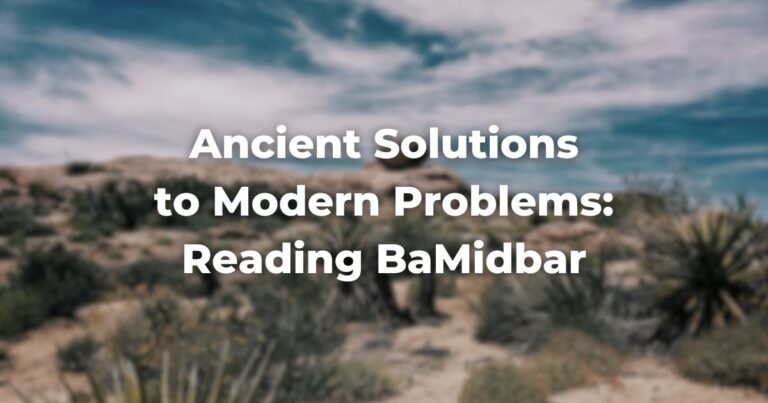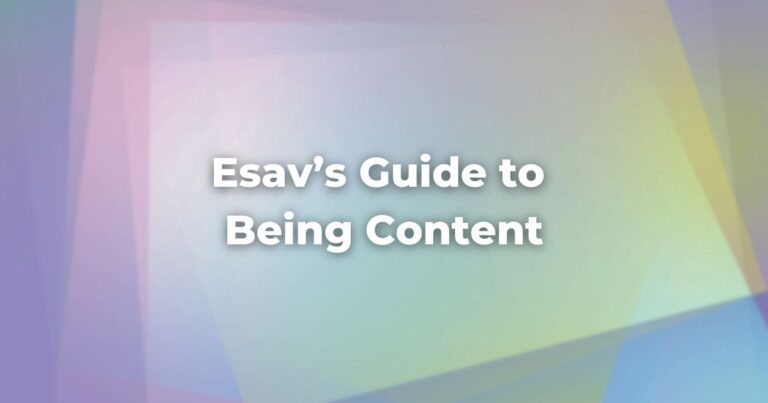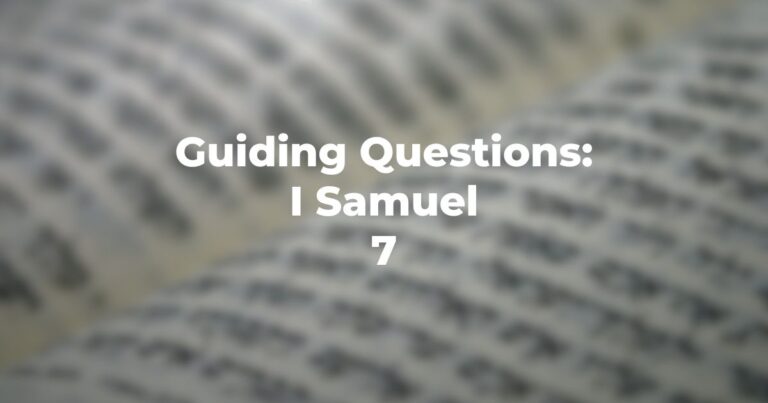- Is there any identification of the man and the woman who are married?
- Would Exodus 2:2 indicate that the first child born to this union is referred to in this verse (in which case there would be no older brother or sister)?
- And, what if she had not found him “tov” — what would she have done then?
- In connection with the ark (teyvah) is there an earlier reference in the bible to a teyvah with a somewhat similar role and, if so, where?
- Reference is made in Exodus 2:4 to a “sister” but if the child in the basket was the first born how explain the sister — unless one were to assume that female progeny “did not count” (which seems hardly likely)?
- Is the description of the Egyptian princess one of an autocratic ruler or one who was sympathetic and kindly (Exodus 2:6)?
- The reference is to “Ivrim” — why not to B’nai Yisrael?
- How is the child returned to its mother for weaning?
- In Exodus 2:10 the Egyptian princess evidently is versed in the Hebrew language in terms of the “naming”; does the name mean one who was taken out or one who will take out?
- Up to this point in the narrative has there been any role of significance by any male?
- In terms of saving measures, it has uniformly been the female who has played a role of significance (the midwives; the mother of Moses — there is no reference to a father role; the sister — not yet named; and the Egyptian princess also not named); where are the men?
- Or, is the text seeking to make a point of consequence?
- Why does Moses kill the Egyptian?
- When two Ivrim are fighting does Moses take the same action where the aggressor is concerned or some other action?
- What is the reaction of one of the Ivrim — and what does Moses mean when he says that “indeed, the matter is now known?”
- Save for the fact that Moses needs to flee is there any consequence to individual, subjective action to change a system which is oppressive?
- Does text indicate how Moses saved the daughters of the Midiante priest (Exodus 2:17)?
- As a result of this meeting what turn is taken in the life of Moses?
- Does the text indicate the location of Midian?
- What name is given here to the Midianite priest?
- In the meantime (according to Exodus 2:23-25) what is happening to the Israelites in Egypt?
- Are they complaining about children being thrown into the river? What is the nature of their complaint – and is there any reference whatsoever to the genocidal measure?
- What is meant in Exodus 2:24 that God remembered; how does this term apply itself to Divinity?
- In Exodus 2:25 the word “va’yeyda” is translated (“and God knew”), but with a different vowelization and the same consonants the word could mean “God made Itself known”; which would seem to be more pertinent?*
*In reference to Divinity the masculine or feminine pronoun is avoided since gender cannot be ascribed to the Divine; the impersonal pronoun “It” may seem precisely that, impersonal, but it does not ascribe “sexuality” to the Divine as the pronoun him/his/he/she/her/hers.
Author
-

Exploring Judaism is the digital home for Conservative/Masorti Judaism, embracing the beauty and complexity of Judaism, and our personal search for meaning, learning, and connecting. Our goal is to create content based on three core framing: Meaning-Making (Why?), Practical Living (How?), and Explainers (What?).
View all posts




